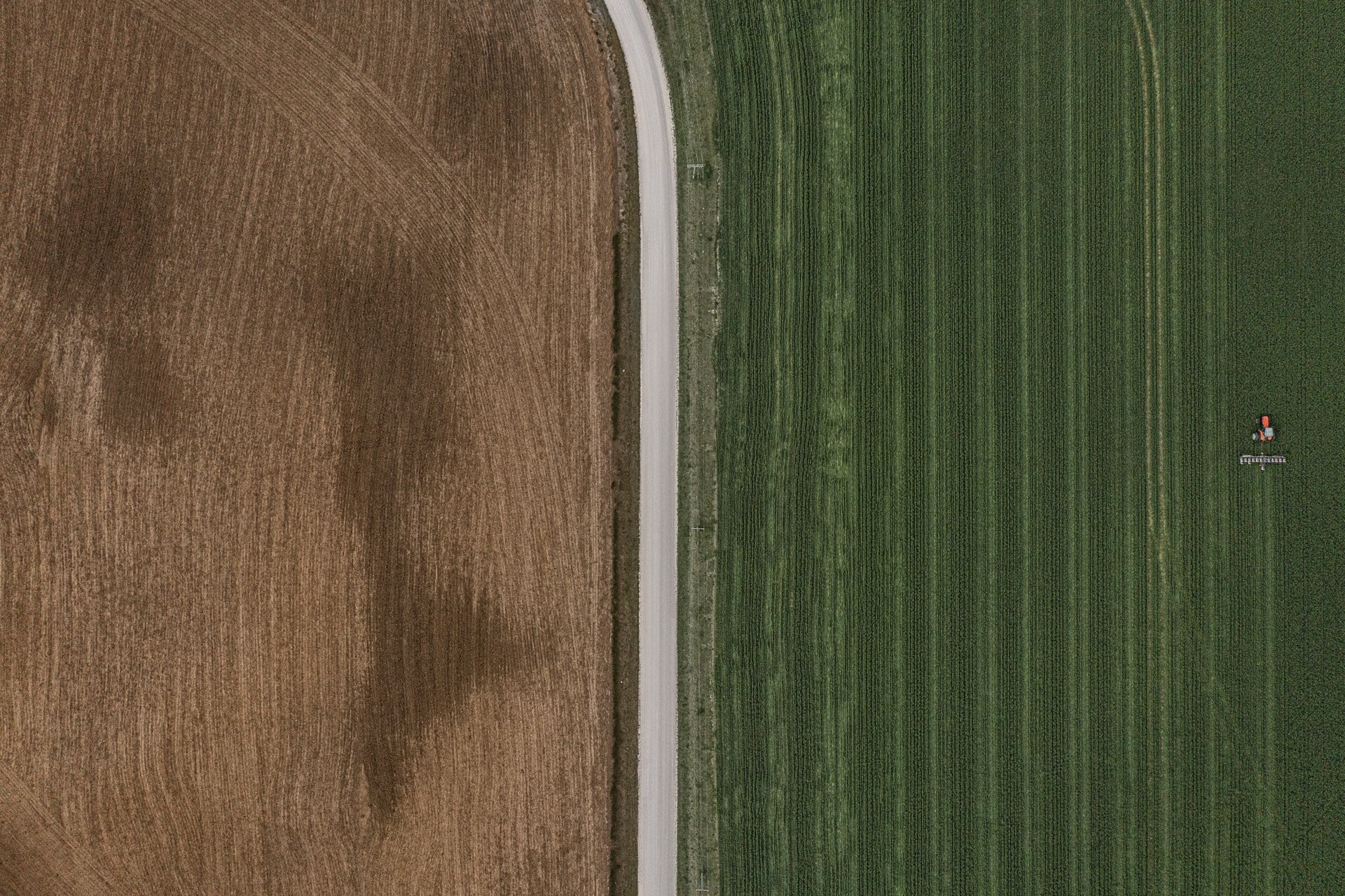Key Takeaways:
- National Geographic Society and PepsiCo announced a joint initiative called Food for Tomorrow.
- The program will highlight regenerative agriculture through science, storytelling, and education.
- National Geographic Explorers and scientists will lead projects supported by imagery, narratives, and applied research.
- PepsiCo aims to expand regenerative practices across 10 million acres globally by 2030.
- The program includes films, grants, and a data visualization mapping tool.
National Geographic Society and PepsiCo Collaboration
The National Geographic Society and PepsiCo announced the launch of Food for Tomorrow, a program designed to promote regenerative agriculture through a combination of research, storytelling, and education. The initiative will support scientists and Explorers in developing projects and stories that highlight how farming practices can restore soil health, enhance food systems, and protect natural resources.
“Our future will be shaped by how we grow our food today—and we're reimagining what's possible when that system nourishes both people and the planet,” said Jill Tiefenthaler, Chief Executive Officer of the National Geographic Society.
Food for Tomorrow and Regenerative Agriculture
With the global population projected to reach 10 billion by 2050 and soil degradation posing a major threat, regenerative agriculture is increasingly seen as a necessary solution. The Food for Tomorrow program aims to raise awareness of the environmental and social benefits of regenerative practices while offering pathways for farmers to adapt and build resilience.
PepsiCo has committed to advancing regenerative practices on 10 million acres by 2030. “Climate change is putting unprecedented pressure on the global food system, and farmers feel it every day,” said Ramon Laguarta, Chairman and CEO of PepsiCo. “Food for Tomorrow combines PepsiCo's deep food system expertise with National Geographic's power to advance science and inspire action.”
Program Components and Next Steps
The initiative includes three short films produced with National Geographic CreativeWorks, featuring farmers who are adopting regenerative agriculture in their operations. Food for Tomorrow will also provide funding for up to five scientific grants under its Building Resilience in Agriculture program, supporting projects that scale sustainable practices globally.
In addition, the program will develop a public-facing data visualization mapping tool to illustrate the benefits of regenerative agriculture on food security and farming resilience. This tool is expected to launch on the National Geographic Society website in 2026.


